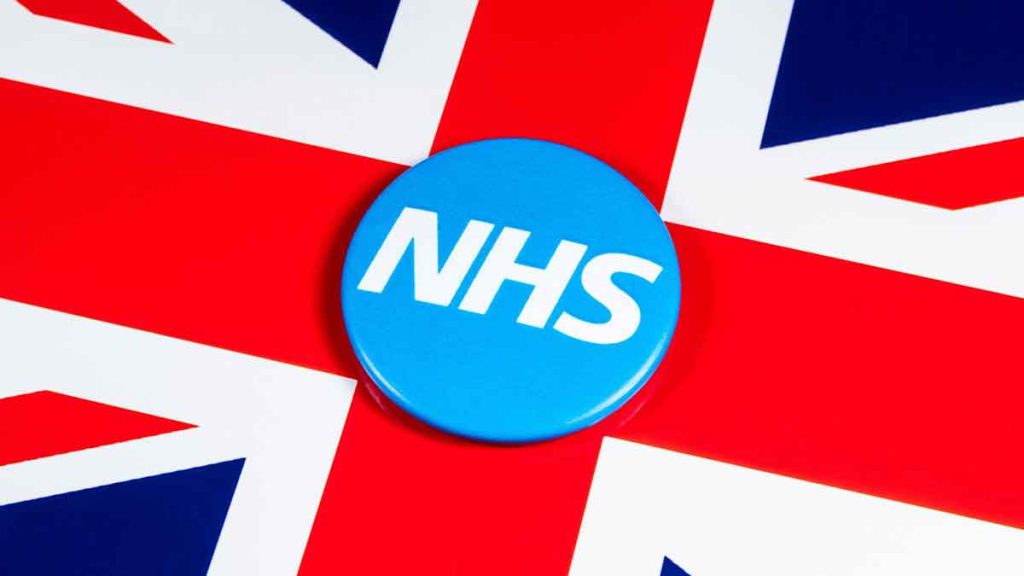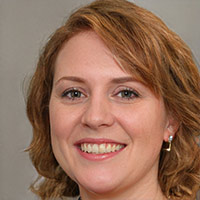NHS Clinicians Propose “Addiction Levy” for UK’s Gambling Industry

As efforts to deal with the concerns regarding gambling-related harm in the United Kingdom continue, some of the top officials in the NHS are proposing a new measure. According to the organization’s clinicians, the gambling industry should pay a new multi-million-pound statutory levy that will be channeled towards victims of gambling-related harm. The services that the funds could help with include prevention and treatment, research as well as education all of which will be key to safer and more sustainable gambling in the region.
Professor Henrietta Bowden-Jones, the director of the National Problem Gambling Clinic, and Dr. Matt Gaskell, clinical lead for the NHS Northern Gambling Service, who proposed the levy further elaborated on how all this would be managed. While there is already some structure around gambling-related medical interventions, they also proposed the establishment of a new independent health board. This board would be responsible for overseeing all things related to this.
The statutory levy would be based on a “polluter pays” principle. This means that the most harmful members of the industry would be required to pay the most. The amount would likely be calculated based on their gambling revenues which is often a great metric for determining how well the gambling operators are doing in the market.
What It Is Replacing
As it stands, contribution to responsible gambling initiatives in the United Kingdom is built on voluntary agreements for industry support. While these have had their fair share of successes, many people have pointed out their shortcomings when it comes to dealing with the increasing cases of gambling addiction.
“The current voluntary system has no integration of NHS services, no consistency in funding decisions, no independent evaluation of long-term impact or regulation via the Care Quality Commission, no coordinated oversight from research councils over research into harm, and serious questions have been asked about the independence of this voluntary system from the influence of the gambling industry.”
Prof Henrietta Bowden-Jones, the director of the National Problem Gambling Clinic, and Dr. Matt Gaskell, clinical lead for the NHS Northern Gambling Service.
As if that is not enough, the stakeholders in the contribution agreements are not entirely involved. Case in point, experts in both the Department of Health and Social Care do not participate in overseeing the decisions regarding the funding of healthcare services. Clearly, this is something that needs to be addressed as soon as possible. A proper statutory framework is the best way to go. Hopefully, this will also be included as part of the UK’s upcoming gambling reforms.



